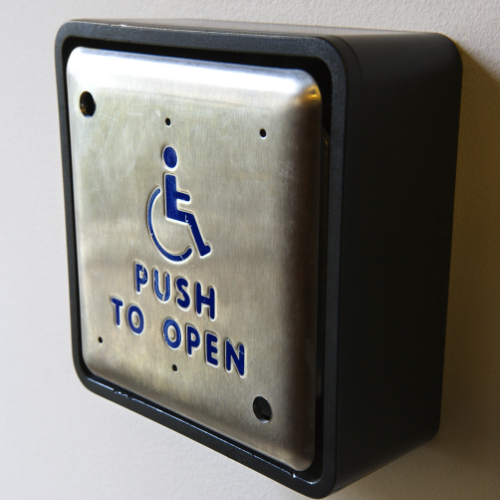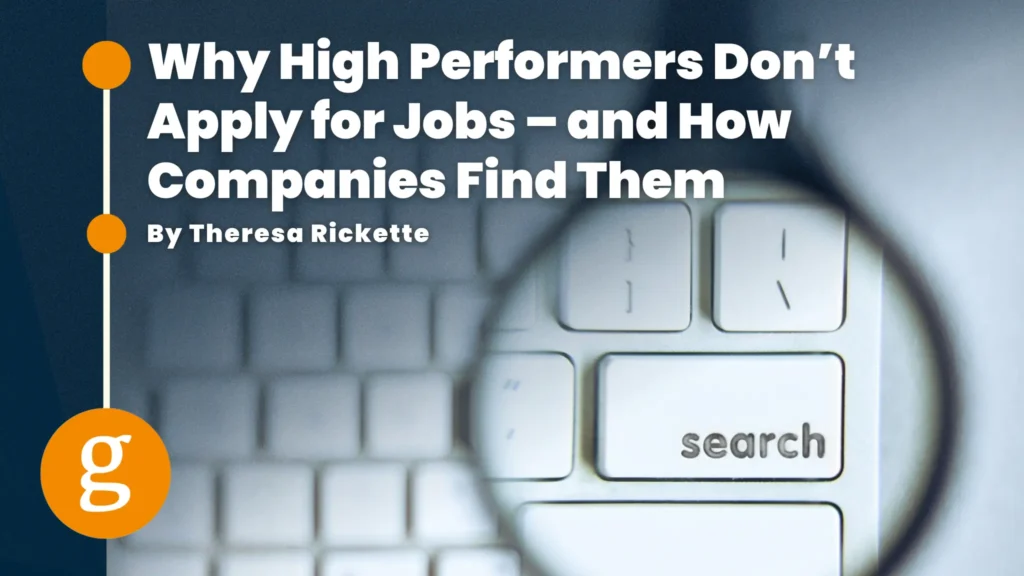Workplace Resources
for Fair, Compliant, and Effective Hiring
Our Workplace Resources are designed to help your team create a fair, respectful, and high-performing work environment
- where every employee has the opportunity to contribute, grow, and succeed.
At Goodwin Recruiting, we are committed to upholding Equal Employment Opportunity (EEO) laws at both the federal and state levels. We proudly partner with clients who share our values of fairness, inclusivity, and a discrimination-free workplace.
Building teams with diverse skills, experiences, and perspectives is essential for long-term success. Merit-based hiring provides access to top talent and encourages collaboration, creativity, and resilience.
Fair and inclusive practices not only improve morale and retention, but also help ensure legal compliance and reduce risk. When employees feel respected and valued, organizations perform better and gain a reputation as employers of choice.
Explore our resources below or contact us to build a more capable, compliant, and engaged workforce.
Age Discrimination
EEO laws protect people 40 and older from age-based discrimination in hiring, promotions, training, or firing. Decisions should be based on skills and experience, not age.
Following these rules helps employers build a diverse, skilled team and encourages collaboration across generations. Older employees often bring valuable experience, mentorship, and perspective that can improve problem-solving and innovation. Creating an age-inclusive workplace not only meets legal requirements but also strengthens culture, engagement, and overall team performance.


Race & Color Discrimination
Sex & Pregnancy Discrimination


Religion Discrimination
National Origin Discrimination


Disability Discrimination
Sexual Orientation & Gender Identity Discrimination















































